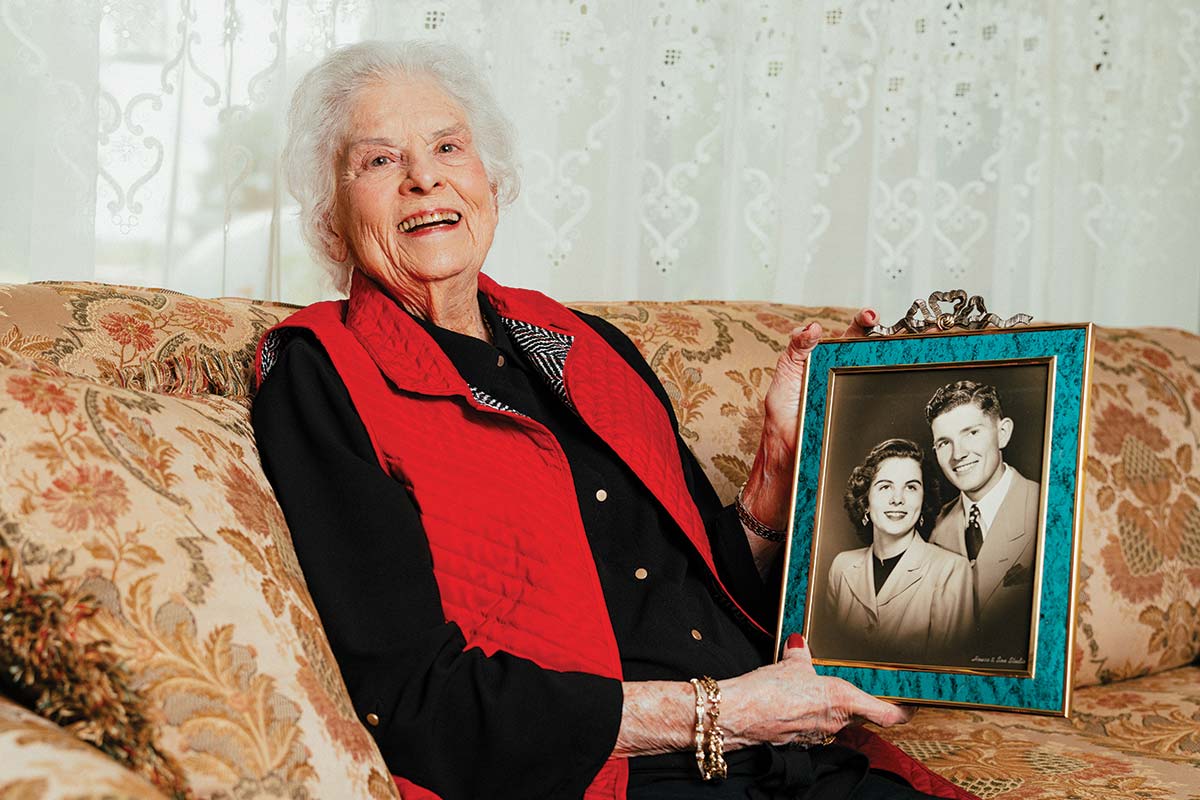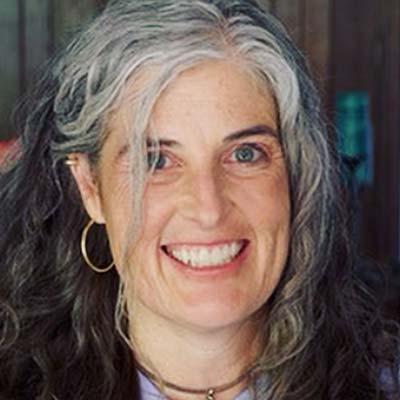When Jerry Jordan said “I do” to Juan D. Nichols in 1951, she didn’t realize all she was saying yes to.
Jerry, born in 1933, was 3 or 4 when electricity came to her family’s farm near Newsome in East Texas.
“My grandparents’ and my parents’ houses were on the highway, so we were fortunate,” she says. “We were one of the first to get power.” While she doesn’t remember her own home before electric lights, she recalls visiting family and friends who didn’t have such luxuries. “It made me feel very lucky.”
She never dreamed she’d devote herself to the electric industry. She says that her first husband was a sailor in Korea, her second a college student, her third a fertilizer salesman and her fourth the general manager of Wood County Electric Cooperative. With a twinkle in her clear, green eyes, the 92-year-old whispers conspiratorially, “They were all the same man.”
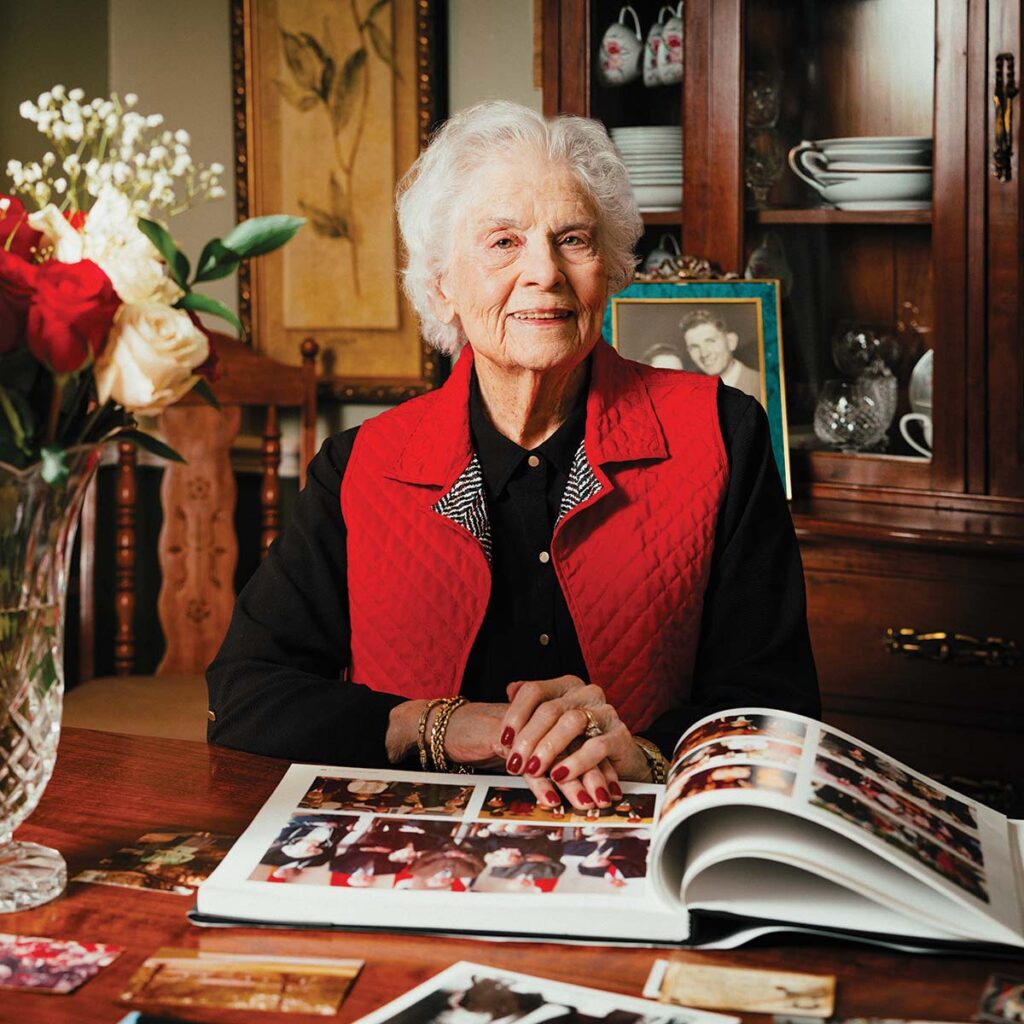
For decades, Jerry Nichols was the unofficial first lady at Wood County Electric Cooperative.
Jay Patrick
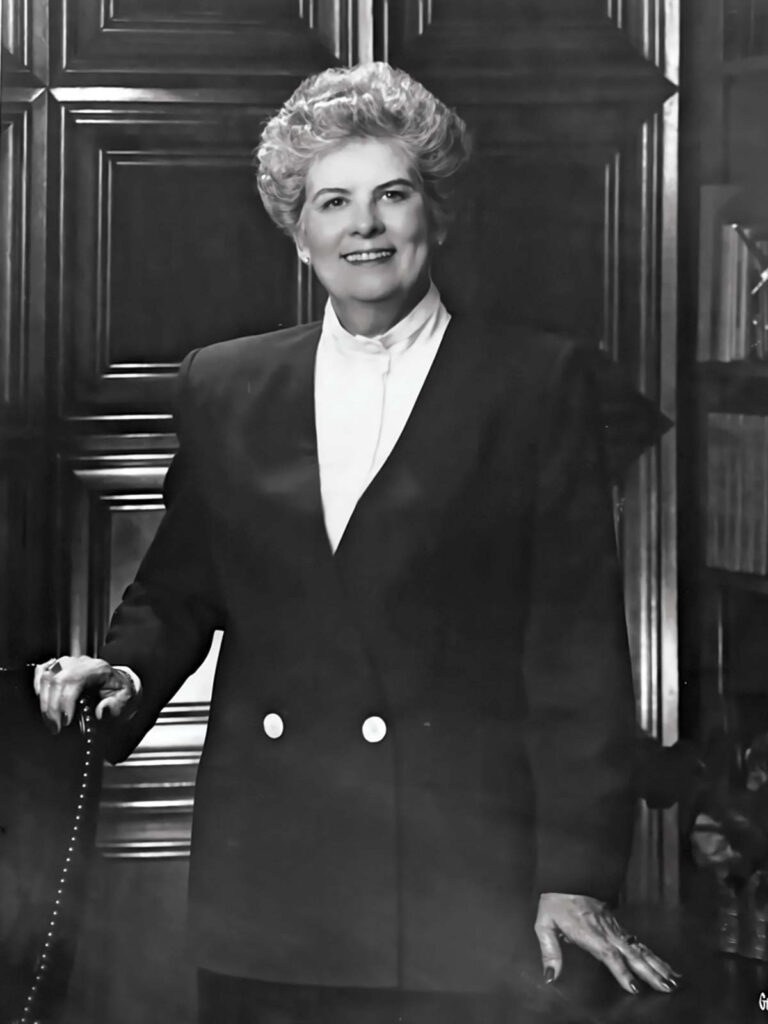
Jerry when she served as president of the Sabine River Authority of Texas.
Courtesy Jerry Nichols
In 1961, Jerry was happily settled with Juan and their three small children in Woodway, just outside of Waco.
“But Juan D. didn’t want to live anywhere other than Wood County,” where he grew up, she says.
A family friend who served on the board of directors at Wood County EC told Juan about a new position opening up at the East Texas co-op: power use adviser. Juan met Virgil Shaw, the co-op’s founding general manager, at his farm just east of Quitman on a Saturday in late fall. Jerry remembers that Juan rushed back to where she and the children were visiting with her in-laws and said, “Jerry, come on, he wants to meet you too.”
Jerry purses her lips. “Juan D. told me I didn’t have time to change, so I hopped in the car and off we went.” She must have made a good impression because Shaw hired Juan that day.
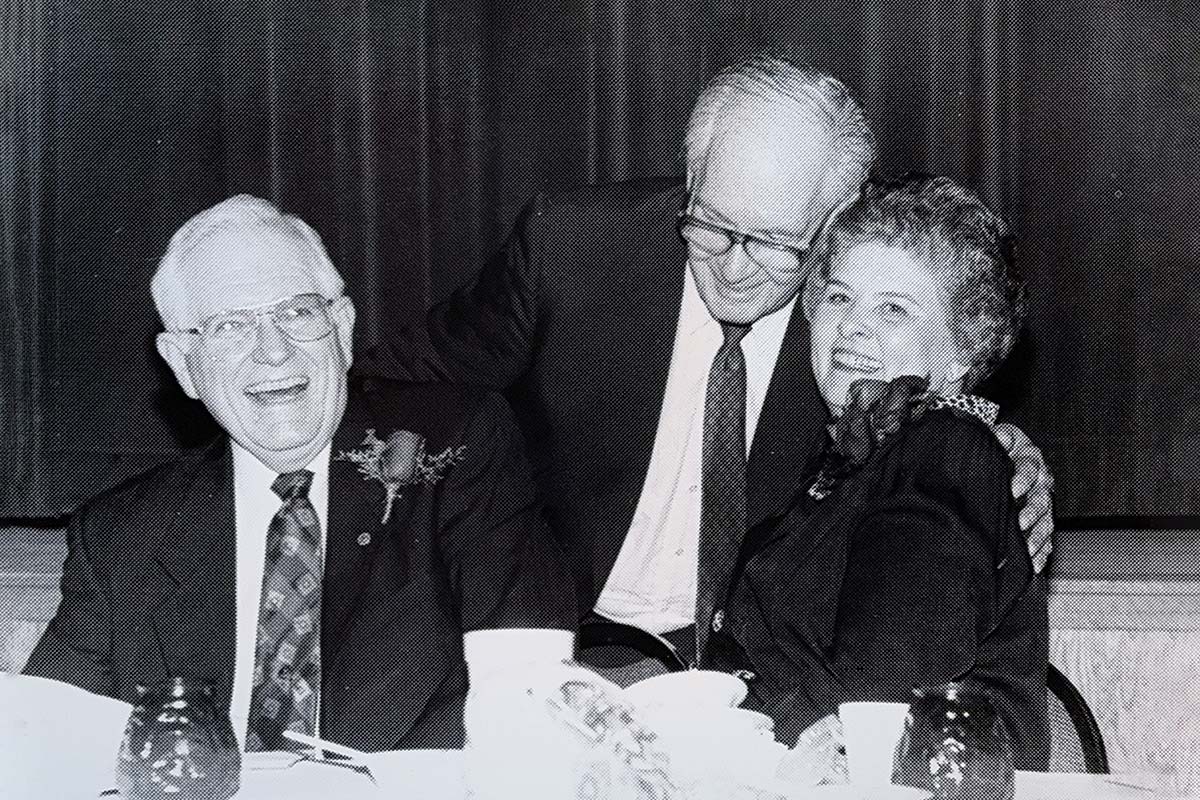
A moment from Juan D.’s roast when he retired from Wood County Electric Cooperative.
Courtesy Jerry Nichols
“It wasn’t unusual,” Jerry explains, “for an employer to expect the wife to help the man—without compensation, of course.”
She knits her still-dark brows. “Back then, I signed everything as Mrs. J.D. Nichols, never my name. When my daddy died, the clerk sent me out of the room so Juan D. could sign the papers to inherit my property. I couldn’t get a credit card, couldn’t take out a bank loan without my husband’s signature.” Jerry smirks. “Even though I managed our money better than he did!”
When Juan and Jerry moved to Quitman, about 35 miles north of Tyler, there were no houses available to purchase. They rented a little green house in town. Jerry remembers it snowed that winter, and flakes drifted in around the closed window and piled up on the dining table next to it.
They soon bought a lot on Meadowbrook Lane and built a modest ranch-style home. It was the first all-electric residence in Quitman. Juan installed extra meters to measure how much electricity it took to run the range, water heater, and central heating and air. Jerry didn’t get along with the electric stove. “Not to start with!” she exclaims. “I hated that electric stove. Boy, when it boiled over, it made a mess!”
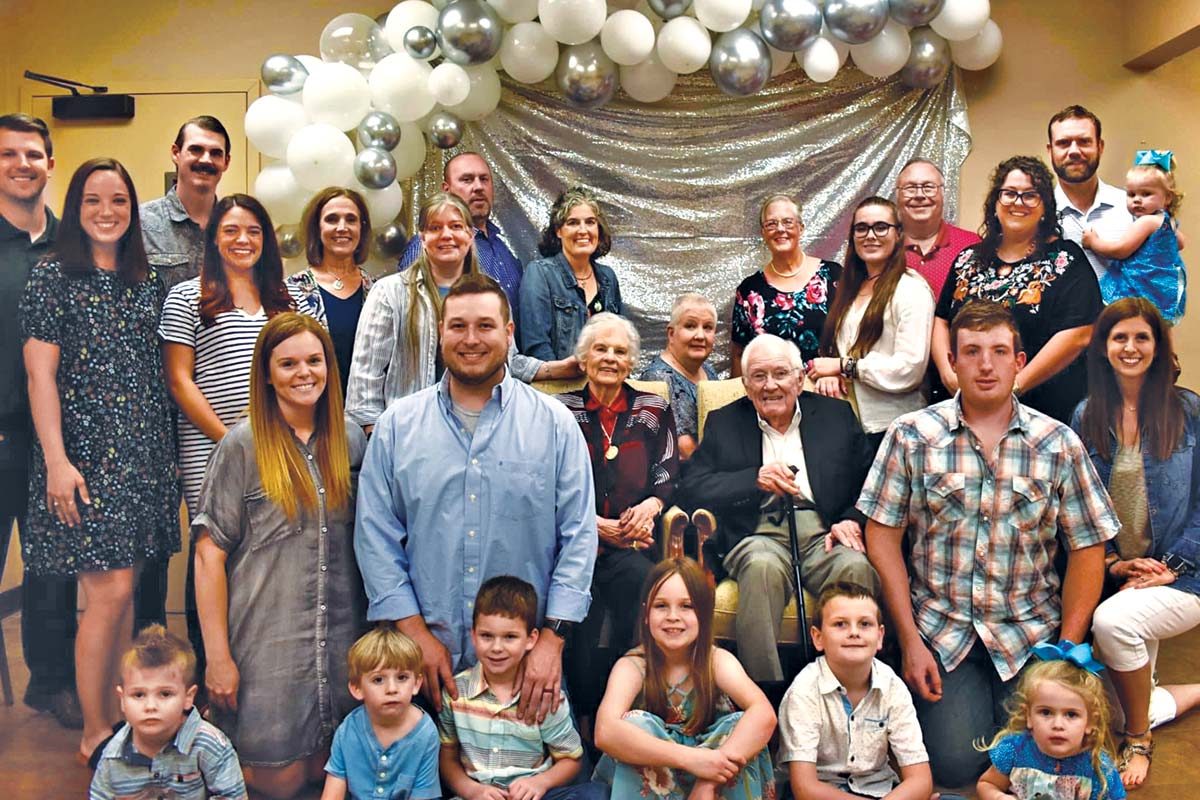
The family gathered to celebrate Jerry and Juan D.’s 70th wedding anniversary.
Courtesy Jerry Nichols
Not long after they moved in, there was a gas outage in town, and a gas company employee showed up at the door. Jerry told him, “I don’t have any gas.”
“Everybody has gas,” he answered. “For your stove, your heating and your hot water.”
Jerry’s voice is still smug as she repeats what she told him: “Not in my house.”
A college graduate with an English degree, Jerry didn’t want to leave behind her young children to teach school. At that time, public school began in first grade. So Jerry started the first kindergarten in Quitman in the garage of their new home. She operated Kiddie Kollege until 1970, when she and Juan were expecting their fourth and last child.
On January 1, 1968, Juan was promoted, becoming the second general manager of Wood County EC. At age 37, he was one of the youngest managers in the state.
Not long after Juan began working for the co-op, Jerry noticed that several wives of members of the board of directors would drive their husbands to the monthly meetings and wait in their cars outside. With a laugh, she explains that the men were “too old to drive—they were in their 60s and 70s!”
Jerry invited these ladies to her home. For more than three decades, she served coffee and dessert and visited with the wives one Monday a month while their husbands conducted business.
“It was a consuming job for both of us,” Jerry says. In those days, when an ice storm hit, Juan went to the office until the lines were cleared. Jerry cooked huge pots of chili or stew so the lineworkers could have a hot meal when they came in.
The co-op didn’t have 24-hour dispatching until 1981. Before that, people called the Nicholses’ home phone whenever their power went out. Jerry recalls one night when the harsh ring woke Juan from a deep sleep. She heard him ask three times for the caller’s last name, then finally inquire, “How do you spell that?” Jerry laughs as she remembers hearing Juan repeat back, “J-O-N-E-S.”
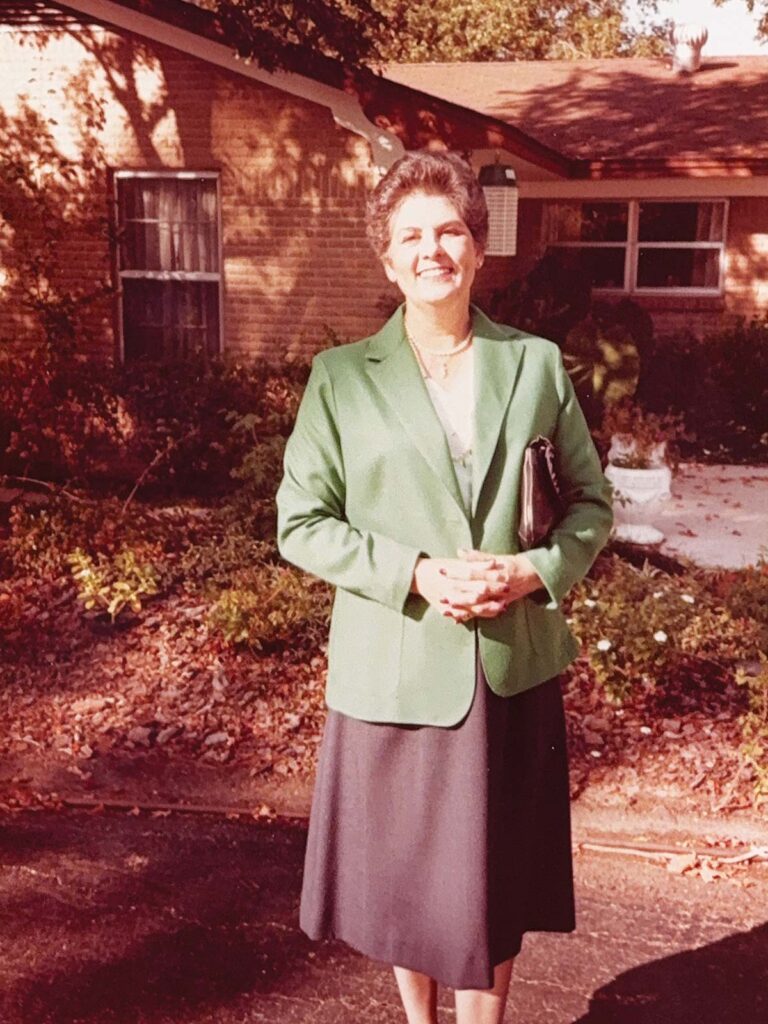
Jerry at the Nicholses’ house on Meadowbrook Lane, the first all-electric residence in Quitman.
Courtesy Jerry Nichols
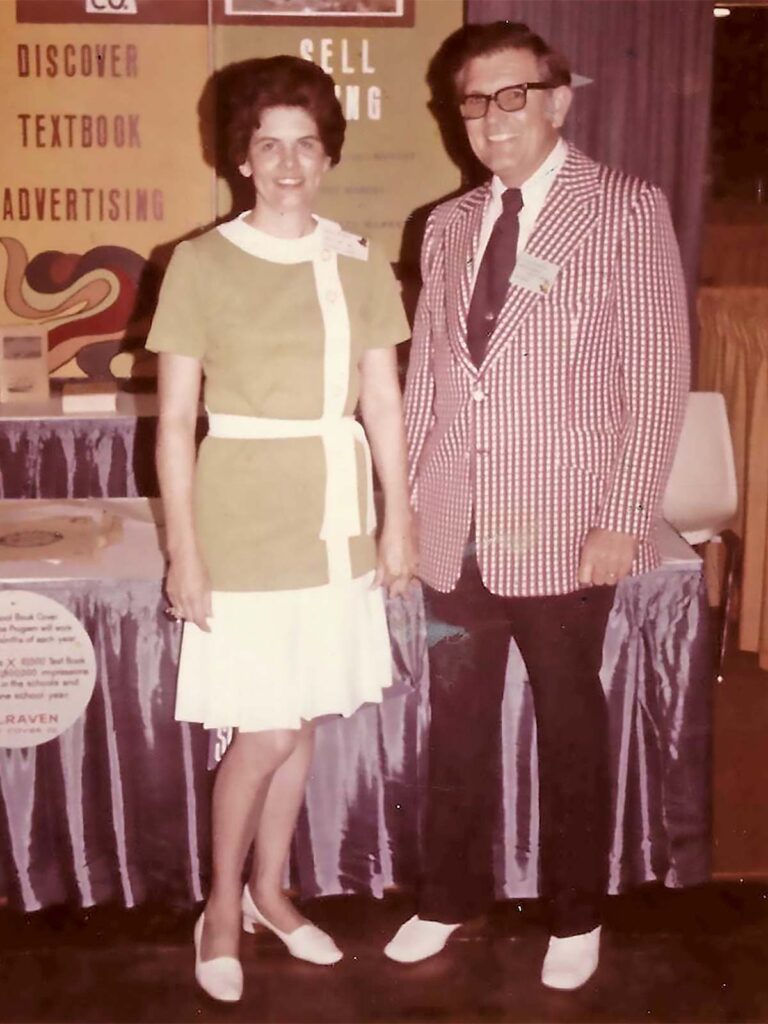
The Nicholses in 1973.
Courtesy Jerry Nichols
In the ’80s, the co-op hired lawyers from Washington, D.C., and consultants from Georgia to help with wholesale power purchases and other national issues affecting rural cooperatives. “There weren’t many options for hotels near us in those days, so I always hosted whoever was in town at our home,” Jerry remembers. “At first, I was intimidated, but I discovered these men were grateful to have a home-cooked meal and spend time with our family.”
Even though Jerry was a supportive wife, she wasn’t content merely to serve stews and sip coffee. She took a leadership role in her community and in statewide organizations.
Jerry was active in the Quitman PTA, donating her time to the schools her children attended, and she was the editor of the Texas Rural Electric Women’s Association newsletter.
Her proudest accomplishment came in October 1991, when Gov. Ann Richards appointed Jerry as the first female director of the Sabine River Authority of Texas. Initially, a staffer was assigned to be Jerry’s “chaperone” at every board function. After the second encounter, Jerry decided, “Enough is enough.”
At the next meeting, she walked up to the huddle of male directors. “They didn’t have anything to say that would shock me,” she exclaims, tapping a red-polished nail on the arm of her chair. “I shared these experiences with Juan D. Hopefully, I helped make it easier for women to become leaders in our co-op.”
Jerry encouraged Juan to recruit women for executive positions and the board. In 1991, Cathy Roberts was chosen to fill an unexpired term, becoming the first female board member of Wood County EC. When Juan retired in 1997, he recommended Debbie Robinson to succeed him as general manager. She was one of the first women in the nation to lead an electric cooperative.
Juan died the day after Christmas in 2021, but Jerry continues to live in the house they shared. She has four children, eight grandchildren and 10 great-grandchildren, who she says are the center of her world.
Jerry rocks gently in her recliner, a smile lighting her face. “I don’t know how I got so blessed,” she says. “Juan D.’s and my work with the co-op provided us with opportunities I never could have imagined.”
